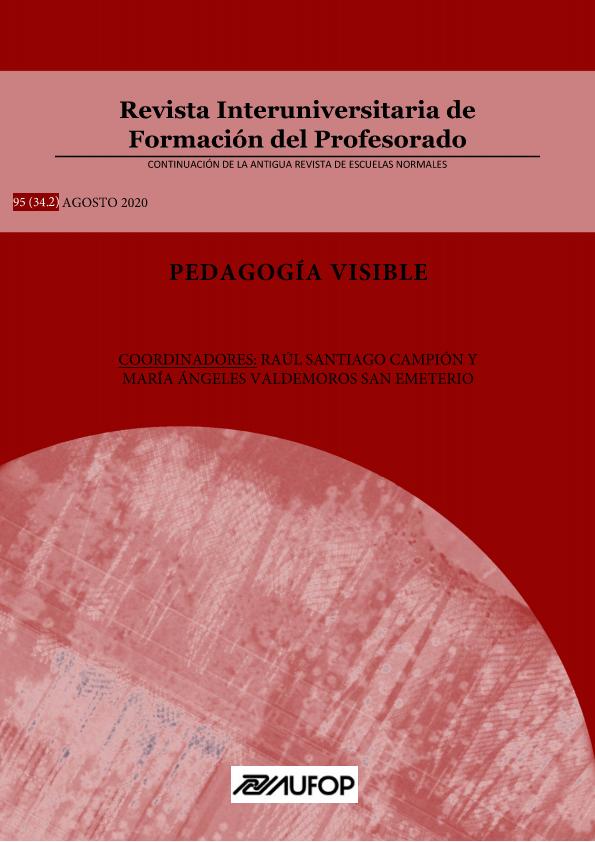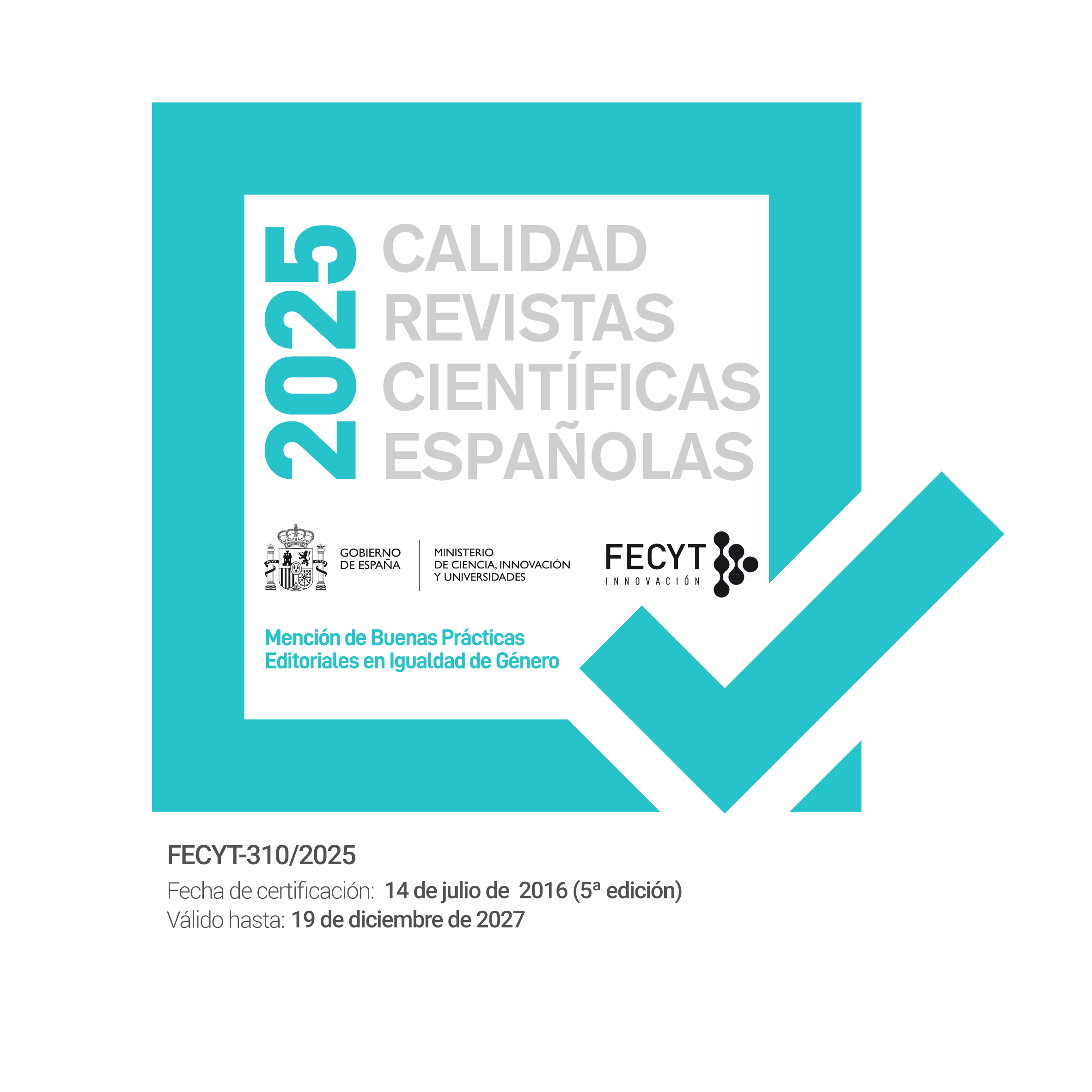Una herramienta para la gestión y el gobierno integrales del aprehendizaje universitario en entornos Active Learning.
##plugins.pubIds.doi.readerDisplayName##:
https://doi.org/10.47553/rifop.v34i2.77913Laburpena
La enseñanza universitaria debe aportar al alumno no solo acervo personal y profesional -aprendizaje- sino, además, la capacidad para aumentarlo y generar continuamente valor durante su vida -aprehendizaje-.
Asumiendo esto, el marco del EEES y un uso estructural de la tecnología en la metodología docente, se revisan críticamente, desde la eficacia y la eficiencia sostenibles, los procesos estándar de aprendizaje y docencia universitaria.
Se concluye, primeramente, que aprendizaje y docencia no son procesos diferentes ni independientes, sino un único proceso -de naturaleza holística- que tiene como fin la generación del máximo aprehendizaje posible para cada alumno. Lo anterior implica cambios significativos en el rol del alumno y del profesor.
Seguidamente, se analizan los factores críticos de éxito (FCE) del proceso de aprehendizaje y cómo impactan en alumnos y profesores. Concluyendo que personalización, significación, y desarrollo de sinergias cognitivas -elementos todos ellos contenidos y avalados por los resultados de la Education Endowment Foundation y la iniciativa Visible Learning- son elementos vertebradores del aprehendizaje, y también que, la gestión integral del proceso es el FCE primario para su implementación exitosa. El entorno Active Learning es idóneo para aplicar este proceso holístico con éxito.
Se concluye, por último, que un uso estructural de la tecnología es determinante para que la gestión y el gobierno -la planificación y desarrollo temporal de la asignatura y la adaptación del aprendizaje a cada alumno- puedan integrarse exitosamente en aprehendizaje.
Se presenta y describe una herramienta informática que facilita esta integración en las aulas universitarias.
##submission.downloads##
Argitaratuta
##submission.howToCite##
Zenbakia
Atala
##submission.license##
The "Revista Interuniversitaria de Formación del Profesorado (RIFOP)", with ISSN print 0213-8646 and ISSN electronic 2530-3791), adheres to the copyright notices proposed by Creative Commons
Authors’ rights
Papers published in the journal are subject to the following terms:
1. The Asociación Universitaria de Formación del Profesorado (AUFOP) is the editor of the RIFOP and holds the copyright of the papers published therein. The reuse of these is allowed under the license for use as indicated under point 2.
© Asociación Universitaria de Formación del Profesorado (AUFOP)
2. The papers are published in electronic version under the license CreativeCommons Reconocimiento-NoComercial-SinObraDerivada 3.0 España (texto legal). Papers can be copied, used, disseminated, transmitted and publicly exhibited provided that: i) the authorship and original publication source are cited (journal, editors and URL of the paper); ii) they are nit used for commercial gain; iii) the existence and specifications of the license for use are mentioned.
3. Auto-archiving conditions. Authors are allowed and encouraged to disseminate electronic pre-print versions (versions prior to peer review) and/or post-print (versions reviwed and accepted for publication) of their papers prior to their publication, since this favors prompt circulation and dissemination and supposes a possible increase in cites and scope within the academic community.
Privacy declaration
The names and email addresses incorporated into this journal will be used solely for the declared purposes of the journal and will not be available for any other purposes or to third parties.






